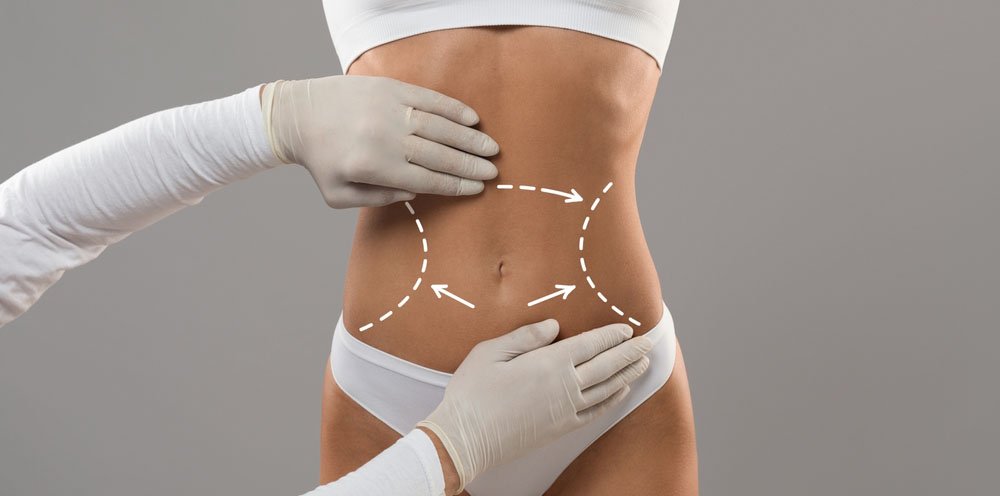Are you struggling with stubborn belly fat that won’t go away? Abdominal liposuction could be what you need. This cosmetic procedure helps remove unwanted fat and shapes your stomach for a smoother appearance.
But what does it involve? In this guide, we’ll explain the basics of abdominal liposuction, who can get it, what happens during the surgery, and tips for recovering afterward. We aim to give you clear and helpful information so you can make the best decision for your body.
Let’s discover the amazing possibilities of abdominal liposuction together! Keep reading!
Understanding Abdominal Liposuction
Abdominal liposuction is a cosmetic surgery that helps remove stubborn fat from the belly area. Many people find that no matter how much they diet or exercise, certain fat areas just won’t go away. That’s why liposuction can be a great choice for those who want to improve their body shape and feel more confident.
The Procedure
To reduce scarring, tiny incisions are created in the skin close to the treatment region during the liposuction procedure. After that, a cannula-a tiny tube is inserted to remove the fat using suction.
The procedure typically lasts a few hours, depending on the extent of fat removal and the individual’s specific goals. Patients can expect to go home the same day, though recovery times vary.
Who is an Ideal Candidate?
The best candidates for abdominal liposuction surgery are people who are close to their ideal weight but have stubborn fat in certain areas that won’t go away with diet and exercise. It’s important to have realistic expectations about the results.
Also, candidates should be generally healthy and not have major medical issues that could make cosmetic surgery risky. Meeting with a qualified surgeon can help you understand if this procedure is right for you.

Preparing for Your Surgery
Getting ready for abdominal liposuction solutions is important for a smooth experience. You’ll usually have a meeting with your doctor first to talk about what you want and your health history.
Your surgeon will give you specific instructions, like avoiding some medications that might cause bleeding. Also, in the days before your surgery, eating healthy and staying hydrated will help you recover better.
Recovery and Aftercare
Recovery after abdominal liposuction can be different for everyone, but most people will have some swelling and bruising. Doctors usually give pain medications to help, and it’s important to get plenty of rest.
You might wear special compression garments to help reduce swelling and support healing. Make sure to follow your surgeon’s aftercare instructions for the best results.
Potential Risks and Complications
Like any surgery, this fat reduction procedure comes with some risks. These can include infection, scarring, and uneven results.
It’s really important to talk to your surgeon about these possible issues during your consultation. If you are considering this procedure, consult a qualified professional to explore the possibilities that liposuction surgery can offer in achieving your aesthetic goals.

Abdominal Liposuction for a Slimmer Silhouette
Abdominal liposuction can be a great option for people who have stubborn belly fat. This procedure helps create a slimmer shape and can boost your confidence.
It’s important to talk to a qualified surgeon who can help you understand your options and consider your health history. Good preparation and taking care of yourself afterward are key to getting the best results.
Keep in mind, that abdominal liposuction is just one part of your journey to a healthier lifestyle. Embrace the process as you work towards your body goals!
Lifestyle Changes that can Combat Peripheral Vascular Disease (PVD)





